Gaza, Zero-Sum-Gameism, and the Return of Kahanism
Why Take Kahane Seriously in this moment?
In a previous Substack “The Nero Effect” I argued that much of the attention around the applicability of the term “genocide” in relation to the destruction of Gaza is misplaced and, in part, a deflection from an equally distrubing phenomenon of the transformation of Judaism into the Jewish national project, what Yaakov Yadgar called in his book To Be a Jewish State, Zionist “supersessionism.” Recently Omer Bartov’s op-ed in the NYT evoked harsh criticism, not only suggesting that he is mistaken (that is fair game) but that his view amounts to a betrayal of the Jews, treasonous, and even an exercise in antisemitism. Bartov is more than capable of defending himself and has done so methodically and aptly in the print media and on news programs. My interest lies elsewhere.
My intervention in “The Nero Effect” was of a different order and suggested, evoking Yuval Noah Harari’s interview on “Unholy,” that the long-lasting impact of this devastation reaches back long before Zionism and extends far beyond it, that is, to the history and future of Judaism itself.
Here I want to offer a series of suggestions about the Zionist project, in particular, a figure whose impact on the history of Zionism emerged in the early 1970s, was cut off by the Israeli Parliament in 1985 with its “Racism” Law,” went underground for decades, and now has risen again to the surface of the cacophonous debate in world Jewry. I speak of course about Meir Kahane, American-born rabbi, founder the of the Jewish Defense League in May 1968, wing immigrated to Israel in 1971, founded a political party and, after two failed attempts, was elected to the Israeli Knesset in 1984 only to be removed in 1987 after the Israeli Supreme Court upheld a “Racism Law” that deemed his party ineligible.
Kahane continued to be a gadfly in Israel and the US until he was assassinated in a Manhattan hotel on November 5, 1990. In 2021, I published a book Meir Kahane: The Public Life and Political Thought of an American Jewish Radical with Princeton University Press. Why write about him now? That is my question.
In researching my book I spent about five years inside Kahane’s head, working through the large corpus of his writings, and spent months in archives reading internal Jewish Defense League documents, newspaper articles by and about him, and watched countless interviews and public talks he gave, mostly in the 1980s. To Kahanists, I respectfully submit, that I probably know more about how Kahane thought than many of you.
I wrote about Kahane not because I thought he was “right” (as the Israeli graffiti has it “Kahane Zadak – Kahane was right”) but because I felt his influence was far greater than we imagined. Many Jews who opposed Kahane (most Jews) thought his influence ended with his removal from the Knesset, or his assassination (it should be noted that his funeral in Israel in 1990 was the largest funeral in the state of Israel up until that time). Yet most Jews felt Kahane’s demise was the end of a sordid moment in Jewish history. That is, most Jews believed Kahane was only relevant for Kahanists. They were wrong. In our post-October 7 world, we can see that it was not true then, and more importantly, it is even less true today.
What Was Kahane’s Basic Argument about Zionist?
While Kahane was a Zionist he was highly critical of Zionism. From the 1950s through the end of the 1970s we should remember Israel was still a tacitly liberal quasi-socialist state. The kibbutz movement that was the backbone of Israeli ideology and economy was still operative. When Golda Meir told Hannah Arendt, “I am a socialist, I don’t believe in God, I believe in the Jewish people,” she arguably echoed what many Israelis felt at that time. And even today, look at how the concept of “peoplehood” as opposed to Judaism has become ubiquitous in conversations about authentic Jewish identity. Israeli historian Amnon Raz-Krakotzkin once defined secular Zionism as follows: “God doesn’t exist, and He gave us the land.” This was the Zionist world Kahane inhabited, and he criticized it viciously, calling Israeli leftists “Hebrew speaking goyim” and attacking Israeli heroes such as Abba Eban as enemies of the Jews.
All this came to a head in his 1986 book Uncomfortable Questions for Comfortable Jews a response to his being ousted from the Knesset. In this book, Kahane basically abandoned Zionism operative in his time as a hopeless western liberal project that would never succeed in truly becoming a Jewish state.
For Kahane the greatest Zionist document was not the Israeli Declaration of Independence, it was Zev Jabotinsky’s 1923 essay “The Iron Wall.” And, in fact, post-October 7 it is plausible to say that “The Iron Wall” may be the most “prophetic” extant Zionist document we have. That is, today, Kahane may be “right.
Ominously, Jabotinsky’s essay “The Iron Wall” was written exactly 100 years before October 7. It was a path not taken then. It has become a path taken today.
Jabotinsky’s very short and potent essay (I plan a Substack devoted to that essay soon) makes the following argument: The Jews will come to Palestine, and the Arabs will rebel. Their rebellion is not only understandable but from their perspective justifiable. They see the Jews coming to steal their land and any people in such circumstances, Jabotinsky writes, would rebel. The success of the Zionist project according to Jabotinsky would require at least two things. First a majority; without a majority of Jews in the land Zionism would fail. Second, what he called an “Iron Wall” that is, a strong militaristic infrastructure that would prevent the inevitable rebellion of the Arab/Palestinian population.
The Zionist project largely succeeded in both; it became the majority (in part the result of World War II and the Nazi genocide against the Jews) and the nascent state developed a first-rate military to protect itself against its enemies. But there are two caveats. First, even as the Jews were the majority, the Arab population did not leave. In fact, it grew and after 1967 the population of Jews and Palestinians between the river and the sea (now partially ruled by Israel though occupation) is about equal. Second, Israel’s military was adept against its external enemies (the Six-Day War is its great exemplar) but less so at controlling the Palestinian population inside the borders of the state.
We should remember that 1923 was a very utopian time in Palestine. The Second Aliyah (1904-1914) had yielded the Third Aliyah which brought increasing numbers of Jews to the land. The state building project was underway. The socialist ideology of the kibbutzim was in full force and there was optimism that Jews would build a liberal state, and the Arab population would either leave or acquiesce. This was precisely what Jabotinsky was writing against.
It should be duly noted that Jabotinsky’s essay also articulates a strong case of minority rights of the Arab population in a Jewish state the same way he argued for minority rights of Jews in Russia. He writes, “I am ready to swear in our name and in the name of our descendants that we will never violate these equal rights and that we will never try to push the Arabs out or oppress them.” Other factions of Jabotinsky’s Revisionist movement such as Uri Zvi Greenberg, Abba Achimeir and Ben Zion Netanyahu (Benjamin’s father) were not as gracious.
If we now jump to Kahane in the 1960s, liberalism still reigned supreme among most Jews and Zionists. The Six-Day War re-instantiated a myth of invincibility that was procured through the unlikely establishment of the state in 1948. There was a belief that all this could work out as the early Zionists ideologies thought it could. But Jabotinsky loomed in the background, perhaps off-stage, but present, nonetheless. His time would come.
Kahane saw a problem in all this optimism. The problem for him was that liberalism could never sustain the state because it misunderstood the Arab/Palestinian. And here I think Kahane was ahead of his time. He argued that the Palestinian was no less nationalist than the Zionist. The liberal view that the Palestinian would agree to be part of a Jewish state (that is a state where they were second-class citizens) was a chimera that not only abandoned the Zionist project but would be disastrous for Israel. For him, “Jewish and democratic” was, as he said, schizophrenic. As he wrote, “or a Jewish state or a democratic state.” The only people saying that at the time were those on the far left and the Communist Party in Israel.
Setting aside the debates about ethnic democracy that emerged decades later with people such as Ruth Gavison and Sammy Smooha, Kahane had a point. As Rashid Khalidi would show decades later in his Palestinian Identity: The Construction of a Modern National Consciousness (2009), the Palestinians already had a nationalist consciousness by the time Zionism emerged that only expanded through the twentieth century.
The notion that “there are no Palestinians” was simply a convenient self-serving exercise of Jewish orientalism. Kahane knew that. As he said, the “Arabs” will not abandon their national aspirations for “electricity and a washing machine,” that is, the liberal idea that Palestinians will accept living in a Jewish state if we make them comfortable, is mistaken. Here Kahane was reading and updating Jabotinsky’s playbook, while also echoing the far left toward different ends.
Kahane and the Zero-Sum Game
Like Jabotinsky, Kahane believed that the Palestinians would ever accept a Jewish state. Thus, as he argued, whatever liberals say or try to do, in the end they too will realize it is a zero-sum game. That, is, as he put in “us or them.”
In 1982 Kahane published a book entitled, They Must Go where he argued that the survival of Israel depended on somehow removing the Arab population, either through voluntary transfer or, if necessary, forced transfer.
As I argued elsewhere (https://shaulmagid.substack.com/p/some-brief-reflections-on-transfer) “transfer” was an idea that goes back to the very beginnings of Zionism and by the 1980s was espoused openly in the Knesset by people such as Geulah Cohen (of the Techiya Party) and others. For most (liberal) Zionists this was unacceptable as they still maintained the belief that the Palestinians would either leave on their own, or acquiescence to live in a Jewish ethnostate. In short, they maintained a quasi-utopian vision of early Zionism against the warning of Jabotinsky (Jabotinsky resigned in protest from the World Jewish Congress and formed his own New World Jewish Congress). In 1983 Kahane published his book Forty Years written in Ramle prison where he offered a stark apocalyptic commentary of the book of Ezekiel that the time for Israel to solve the “Arab problem” was running out and if decisive action was not taken Israel will suffer (chilling to re-read after October 7)
In the 1970s and 1980s Kahane championed his “zero-sum gameism” without much success. The rise of the Menachem Begin’s Likud party in 1977 (even in his reactionary/Revisionist Zionism inclinations, Begin held to certain liberal principles, for example supporting the Basic Law for Human Dignity and Liberty passed by the Supreme Court in 1992) brought countervailing forces. On the one hand Gush Emunim, the settler movement organization, began in 1974 in the wake of the Yom Kippur War. Yet Peace Now began in 1978. And Kahane was elected to the Knesset in 1984. Still, to put it bluntly, Israel thought it could “manage the occupation,” something that Peace Now contested but was not a very successful in its early years. Kahane warned in the 1980s that talk of ending the occupation was a recipe for disaster. In any event, Kahane’s “zero-sum-gameism” remained a part of the far-right settlers in Israel and their supporters in the Diaspora, but never quite made it into the mainstream. Until October 7.
October 7 and the Normalization of Zero-Sum-Gameism.
October 7 would have not been surprising to Meir Kahane. In fact, in some way, his entire career was predicting it. One could see this in the way he responded to the Holocaust. He was shocked that Jews were shocked by the Holocaust. As one who believed in “eternal antisemitism,” he knew that given the right conditions and the opportunity, some group would commit genocide against the Jews. “Esau hates Jacob” was his mantra. I think he likely would have said the same about October 7. Like Jabotinsky in 1923 Kahane believed if the Arabs were given the opportunity, especially living under brutal domination (which he believed was warranted) they would rebel. And they did.
What happened, though, was not only a Palestinian attack, but the failure of the “Iron Wall” to materialize. For whatever reason, I suppose we will find out one day, the Iron Wall never appeared, and it is thus the combination of a Hamas insurrection and the lack of an Iron Wall that produced October 7. What has transpired since October 7 is not an Iron Wall to a reaction to its absence.
This all moved zero-sum-gameism from the margins to the center. As Yuval Noah Harari said in his interview on “Unholy,” suddenly when Trump suggested displacing Gazans from Gaza, that is “ethnic cleaning” Gaza or, put otherwise, “transfer,” the idea that was previously so anathema to most Jews in the 1980s became “reasonable,” because as it was often said “what is the solution?” Those four words, “what is the solution?” was music to Kahane’s ears, it is the re-birth and normalization of Kahanism, not as ideology but more dangerously as practicality.
The zero-sum-game has become, even for many liberal Zionists, no longer anathema. The reactionary and racist Kahanism of the 1980s has become the “shrug-our-shoulders-what-can we do-ism” of the post October 7 era. And if you challenge that, you are anti-Israel. Kahane’s Zionism is ascendant.
Was the Zero-Sum-Game Inevitable?
Was this inevitable? I do not believe in historical inevitability, and I do not believe history repeats itself. Nor do I believe in historical progress. Here I am Foucauldian. History is a consequence of choices, or lack thereof, it zig zags unpredictably. Choices beget possibilities that beget consequences. I think October 7 was (1) a consequence of Israeli miscalculations for decades, either “we can manage the occupation” or “the Arabs will leave” or “the Palestinians will abandon their national objectives,” and (2) Palestinian radicalism in part born from coming to believe they had no hope of achieving their objective of destroying Israel. October 7 was a collective Palestinian homicide/suicide mission. This does not exonerate it, nor place the blame solely on Israel. Hamas is to blame for October 7, and Israel is to blame for how it chose to wage his devastation. Kahane all but predicted this in his 1983 book Forty Years.
And so, in its wake, the zero-sum game is no longer a right-wing fantasy but for increasing numbers of Israel’s supporters, a (unfortuate) reality. What will Israel look like it if it enacts the zero-sum-game paradigm and ethnically cleanses Gaza and part of the West Bank, annexes those territories, and officially instantiates an apartheid and increasingly authoritarian state? For Kahanists this would be a success, this would be Zionism realized. For other Zionists it would be ominous, even catastrophic, but, again, “what is the solution?” is always pushing the zero-sum-game scenario. In other words, once Kahanism becomes a practical solution and not an ideology, somehow it becomes acceptable.
There is one important difference between Kahane’s view of the zero-sum game and how it is commonly understood today. Many view the post-October 7 “us or them” as the fault of “them.” I think Kahane would disagree. For him the “us and them” is just as much because of “us” as “them.” For him, this is the consequence of the Jews’ return to the land. The Arabs will rebel. And thus, we must dominate. To create an unequal society, which Israel is and must be in his view, and think that those who are victims of that inequality will accept it, is the liberal Zionist fallacy. It falsely blames “them” for not submitting to their unequal status.
As many have said, Zionism can mean many things, and that is certainly true. But as an operative ideology of a nation-state, it cannot mean all those things at the same time. Realpolitik requires choices that correspond to realities on the ground, and those choices are exemplified in the electorate. Liberal Zionism may be aspirational, but after October 7 is it practical? Is it feasible? Is it possible? Is it even desirable? Defending the devastation in Gaza as legitimate, defensible, even necessary, is a form of zero-sum-gameism. Can liberal Zionism square with that? A reasonable person doesn’t commit an act of socicide at the level of Gaza without coming to the conclusion that it was somehow necessary. That is precisely its justifiability.
Zero-sum-gameism will make Israel into a military fortress. And it will destroy the ethical core of Judaism as we know it. I feel that is already happening as I hear zero-sum-gameism waft through liberal Zionist circles (even in the form of “it’s unfortunate but…”).
Before you dismiss Kahane, I suggest you take him seriously, very seriously, because his ghost has returned and, in some way, he is driving more of this then we imagine. This is what I thought as I started writing the book almost a decade ago,
If we want to overcome him once again, this time for good, we need a new paradigm, not a liberal fantasy, we need a real model where all those who live between the river and the sea can live with dignity, justice, and equality. I do not know if a “Jewish” state can produce that. So far it hasn’t. If something significant doesn’t change, I fear Kahane will be with us for a long time. And so much the worse for Judaism and the Jewish people.
If you want to reject the zero-sum-game, then reject what helped bring it into existence.


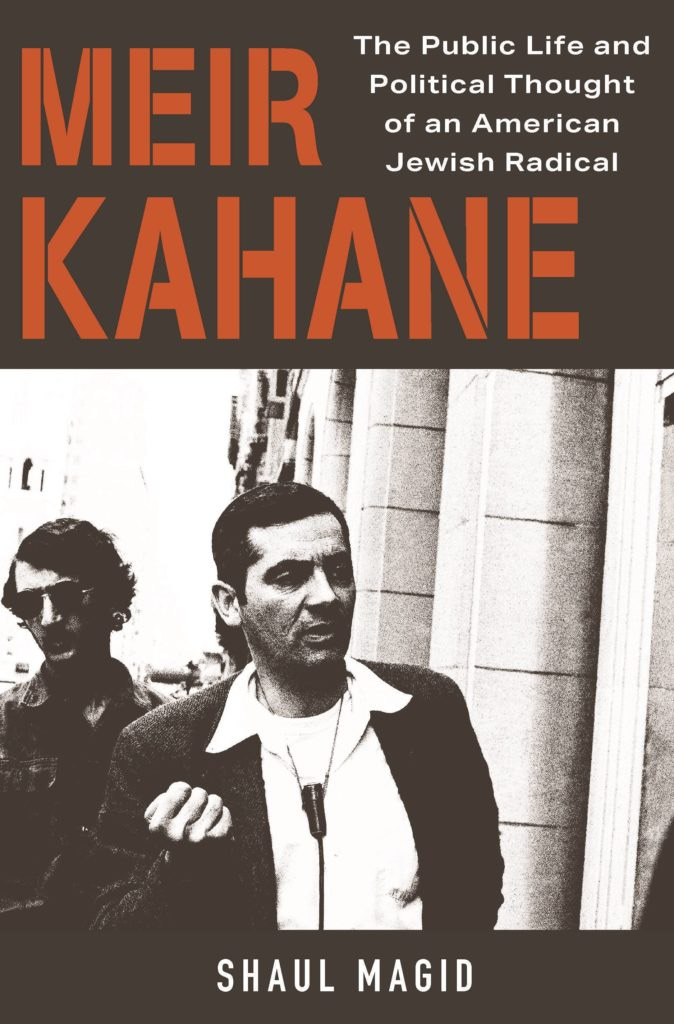
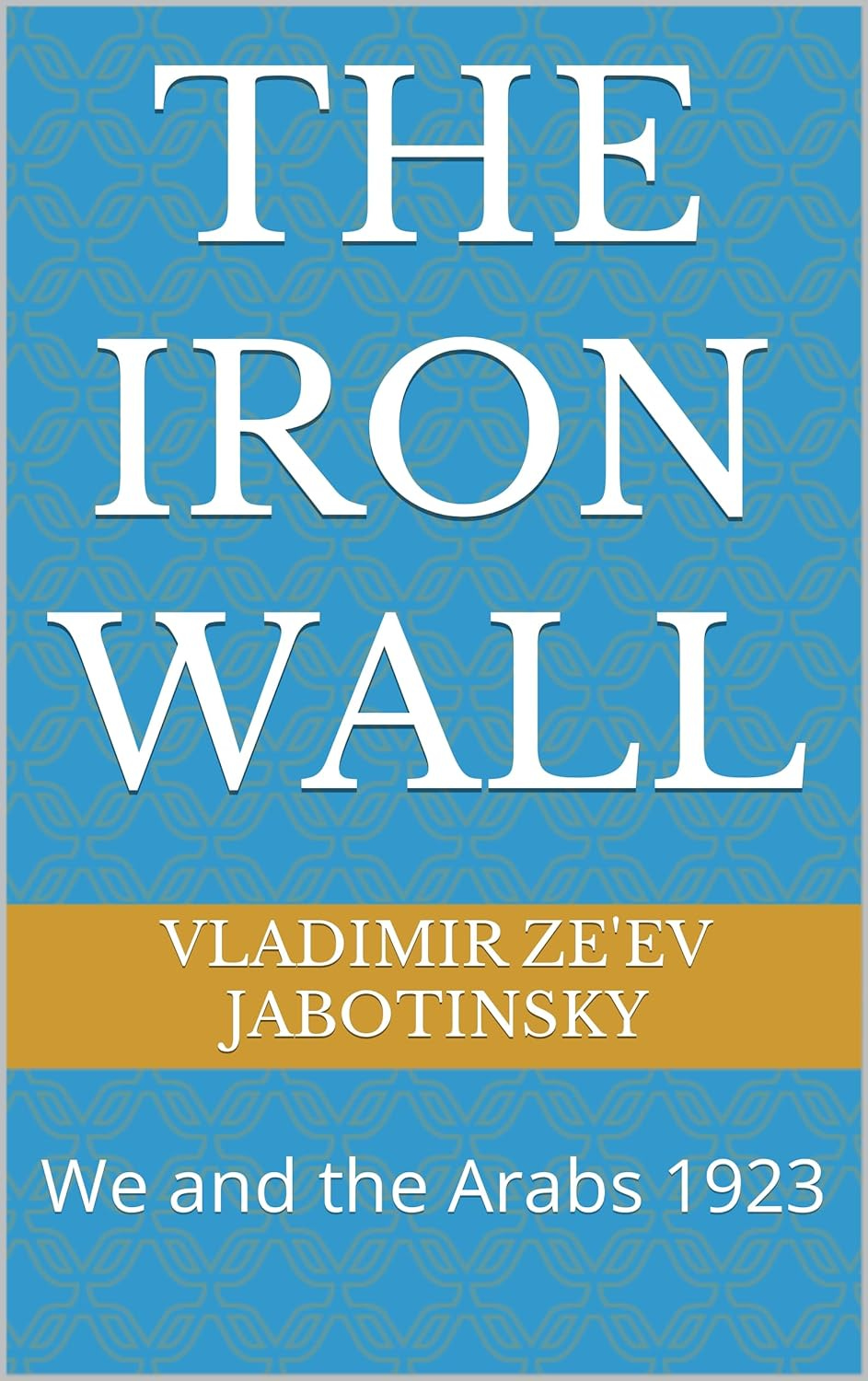
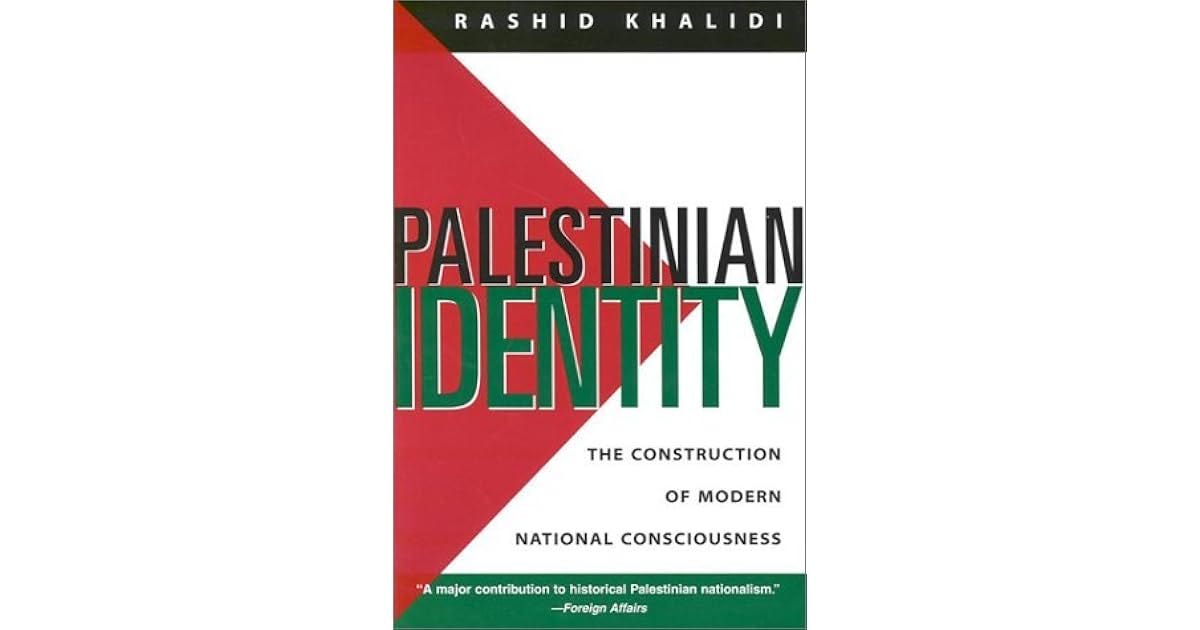
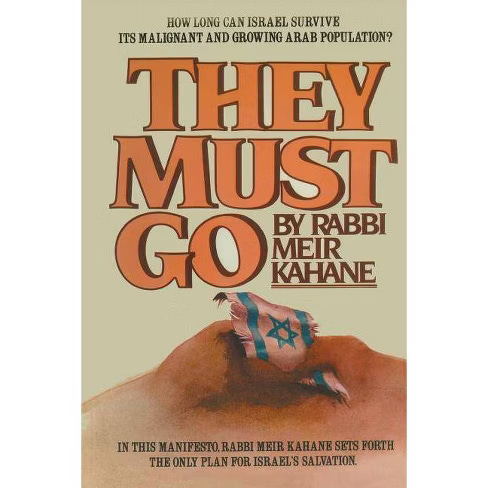
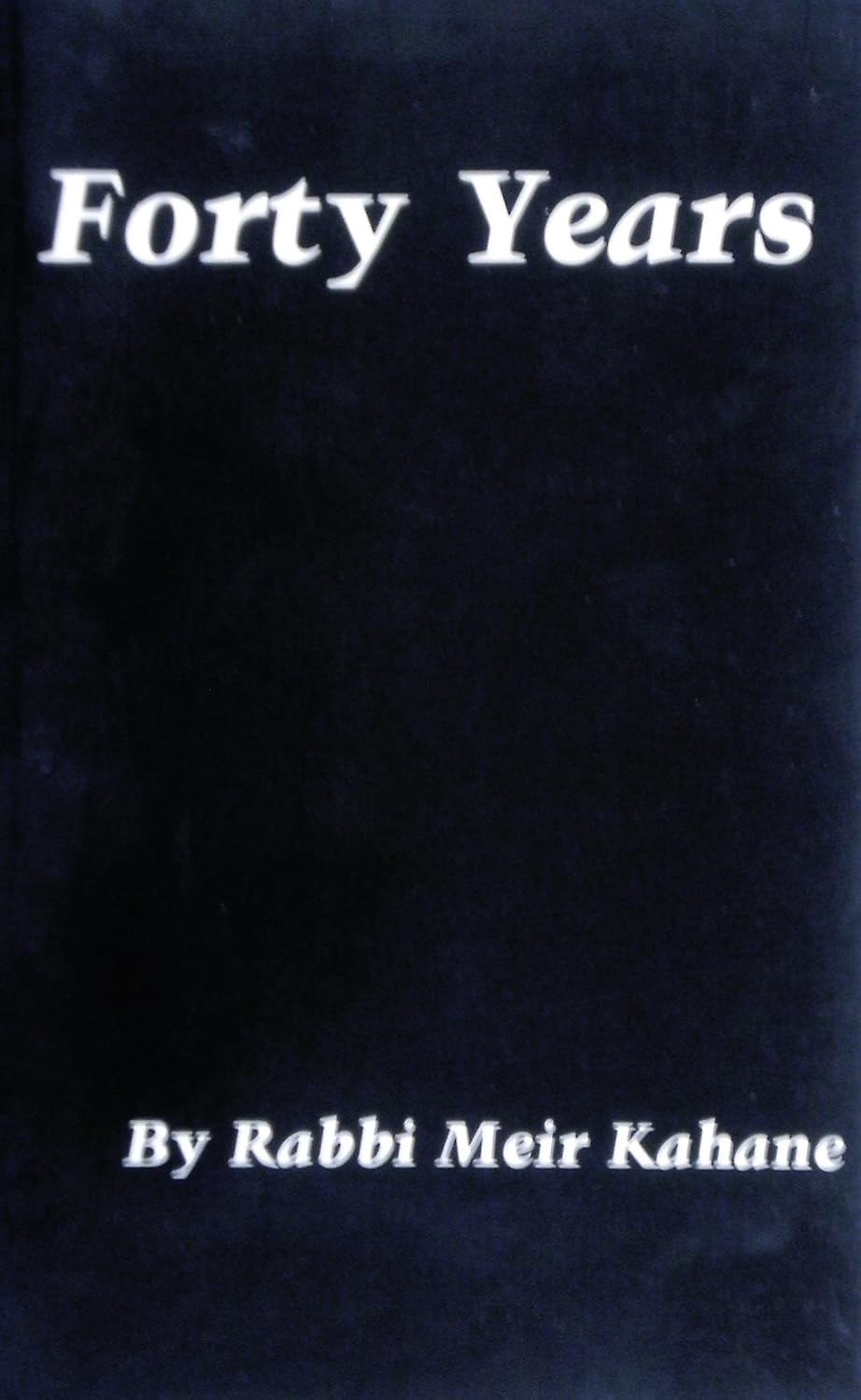
Shaul: Briliant stuff here undermined by shoddy editing. Ugh. Please!!
Jews will never "overcome" Meir Kahane because Meir Kahane was channeling the spirit of Moses and Joshua. Jews can only temporarily deactivate him until some future circumstances activates his spirit again. It would be like Neo Nazis trying to "overcome" Hitler. Liberal Zionism requires self-deception and intellectual dishonesty to sustain itself. It is as absurd as Liberal Nazism.
"Zero-sum-gameism" is the spirit of the Torah. It is why Yahweh commands Israel to carry out a genocide against the people of Canaan, aka Palestine. The idea that it will destroy the ethical core of Judaism is an expression of that self-deception and intellectual dishonesty of liberal Jews. The "ethical core" of Judaism contains Zero-sum-gameism; they are not in contradiction. Conquest through genocide is the ethical foundation of the Torah. Its certainly not a popular ethos among humanistic cosmopolitan modern academics. But it is the ethos of the Torah. The "Judaism as we know it" of the liberal Zionist is not the Judaism of Meir Kahane and most importantly, it is not the Judaism of Moses, Joshua, or the vast majority of Jewish history; it is a modern midrashic fiction created to protect the legacy of a tyrannical genocidal slaver cult and the racial mythology of those who continue to perpetuate it.
If liberal Jews truly wish to reject the zero-sum-game and "reject what helped bring it into existence" they must not only reject Kahanism, they must reject Judaism; they must reject the Torah; they must reject Moses. Most importantly, they must reject the pseudo-ethno-supremacist-mythology of Jewishness and being "born a Jew." They must choose not to be a Jew. They must leave the "Jewish people", aka Israel. They must denounce the cult. Otherwise they are just functioning as reputational defense for the most pernicious, and ancient, remnant that will be predictably reborn in the future and which tortures millions today for its territorial fantasies.